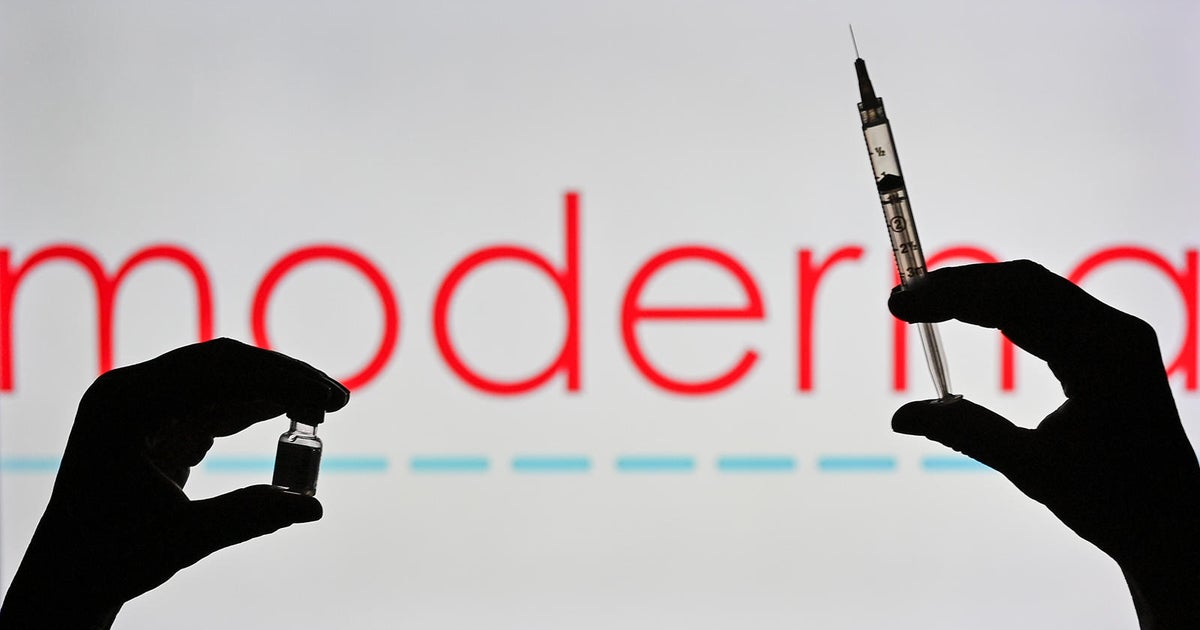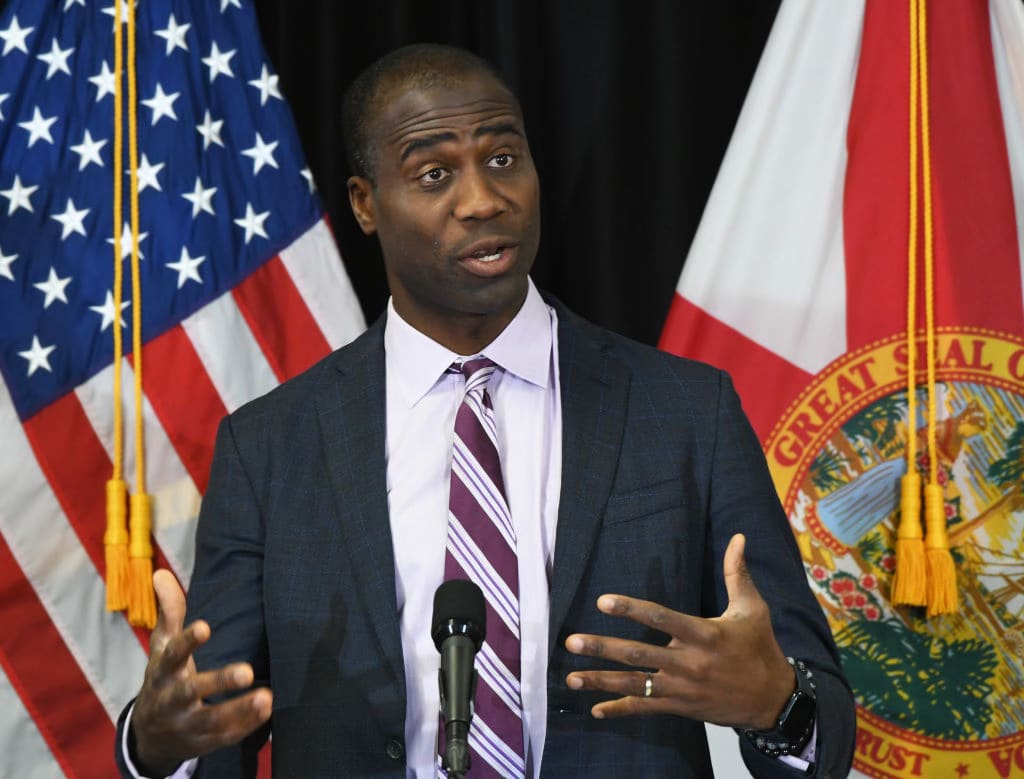U.S. surgeon general "worried" about unvaccinated people amid Omicron spread and COVID testing rush
As COVID-19 infections continue to rise ahead of the holidays, experts are warning that there are tough days ahead in the fight against the virus — especially for those who are still unvaccinated.
The average number of new daily cases has nearly doubled since the beginning of November, with the U.S. now averaging 156,000 cases a day. On top of that, the fast-spreading Omicron variant has now been detected in all but five states.
The number of breakthrough infections is also on the rise, but U.S. Surgeon General Dr. Vivek Murthy said people who are vaccinated and boosted and contract the virus will "most likely" experience mild symptoms.
"Look, in the coming weeks, we are going to see a spike in cases, and that's because Omicron is incredibly transmissible, and we have to be prepared for that," Murthy told "CBS Mornings" on Monday. "But there will be a stark difference between the experience of those who are vaccinated and boosted versus those who are unvaccinated.
"If you are unvaccinated, I'm worried about you," he said. "I'm worried that your risk of being hospitalized or, God forbid, losing your life to this virus is quite significant. It still remains the case that getting vaccinated and boosted is the best way to protect yourself, even against Omicron."
Delta is still the dominant strain in the U.S., but experts like Dr. Anthony Fauci have warned that Omicron will soon take its place.
Amid the surge of infections, President Biden is set to address the nation on Tuesday. His remarks come as disruptions caused by COVID outbreaks continue to grow.
Three NFL games and five NBA games have been postponed, and six NHL teams won't play for at least a week. Meanwhile, a growing number of universities are now delaying the return to in-person classes after winter break, including Harvard, Middlebury and DePaul.
Cruise ships are also seeing coronavirus cases again. Royal Caribbean's "Symphony of the Seas" docked in Miami on Saturday after almost 50 people tested positive for the virus.
In New York City, which saw over 12,000 new cases in one day, Mayor Bill de Blasio said he will decide this week if the Times Square New Year's Eve celebration can go on. Broadway shows like "Hamilton" shuttered over the weekend and the producers of the "Christmas Spectacular Starring the Radio City Rockettes" canceled the remainder of their shows.
And once again, "Saturday Night Live" had no live audience, no musical performance and few live sketches after last-minute changes for COVID safety.
New York broke its record for daily COVID-19 cases for the third day in a row on Sunday. The situation is eerily similar to the early days of the pandemic, when cases were rising and tests were also hard to come by. What's different now is that many people are vaccinated, and health experts say that's key when it comes to the Omicron variant.
"The booster reduces your chances of certainly getting severely ill and reduces your chances of getting sick in the first place," Murthy said. "But no vaccine is perfect, and especially against a foe like Omicron, and we know there are going to be some people who despite getting boosted, they may get breakthrough infections."
Senators Elizabeth Warren and Cory Booker revealed Sunday that they both have mild cases of COVID despite being boosted.
Preliminary data released by Moderna on Monday show that a third shot could be crucial to fighting the Omicron variant. Moderna's COVID-19 booster increased antibody levels 37-fold, the company said.
The surge of new cases at a time when millions of Americans prepare to gather with their families for the holidays has led to long lines for coronavirus tests across the country. It has also raised questions about the effectiveness of at-home rapid tests.
Fauci last week said that some rapid antigen tests may not be able to detect the Omicron variant effectively enough.
"We're getting preliminary information that not all of the [rapid] diagnostic tests will be accurate with Omicron," he said in a virtual event Thursday with the Chamber of Commerce Foundation.
Murthy said the vast majority of tests that Americans are using are working and working well, but he noted that the Food and Drug Administration has publicly listed certain tests that it "has some concerns about."
"But those do not include the vast majority of tests that people are buying over the counter at their pharmacies," he said. "So the bottom line is, if you are getting an over the counter test, this is an important tool... And at this point we can feel confident that those tests are still serving us and serving us well."



